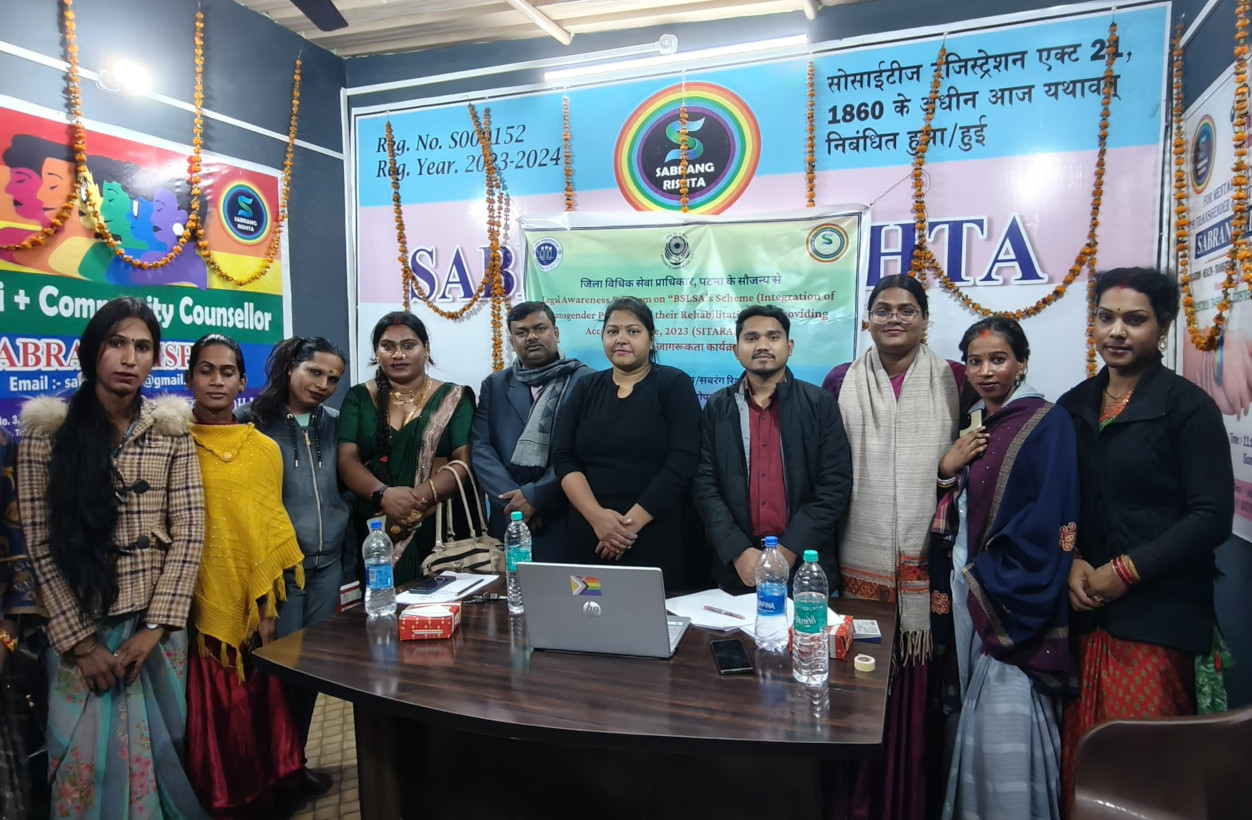
Criminalized for Existing: The Injustice Faced by 11 Transgender Dalit Women
Brief:
Arrested under false charges and imprisoned for 14 days, 11 transgender Dalit women endured a system that punished their existence. The LAW Foundation intervened, securing their release and offering vital psychosocial support. Read more to uncover their harrowing ordeal and the urgent need for legal reforms to protect marginalized identities.
Background:
On December 20, 2024, as the world basked in festive joy, 11 transgender women from Dalit families found themselves at the mercy of an unforgiving system. Born into marginalized identities, they had long been abandoned by their families and communities, forced to survive through begging—one of the few means left for them in a society that denied them opportunities. That night, their struggle took a cruel turn. Male police officers stormed their homes in the dead of night, conducting invasive searches and charging them under the newly implemented Bhartiya Nyaya Sanhita, 2023, with allegations of unlawful assembly, extortion, and theft. Their so-called "crime"? Possessing nothing more than a few mobile phones and small sums of money amounts barely enough for daily survival. Thrown into jail for 14 days, they faced a system that neither saw nor heard them. The SITARA scheme, meant to rehabilitate and reintegrate transgender individuals, remained an empty promise as they languished behind bars. The courts, closed for the holidays, left them with no immediate hope for justice. Their arrest was not about law and order—it was a punishment for existing in a world that had already pushed them to the margins.
Intervention:
As the 11 transgender women endured their unjust imprisonment, a beacon of hope emerged. The LAW Foundation recognized the urgency of the situation and swiftly intervened, mobilizing legal and social support to challenge the wrongful charges against them. A dedicated team of legal professionals, social workers, and activists worked tirelessly to navigate the complexities of the Bhartiya Nyaya Sanhita, 2023, exposing the flimsy nature of the allegations. They filed a bail application, presented evidence disproving the claims of extortion and theft, and advocated for women’s rights under constitutional protections and human rights frameworks. Beyond legal aid, the LAW Foundation also extended psychosocial support. Social workers engaged with the women, offering counseling to address the trauma of wrongful incarceration. Efforts were also made to connect them with community networks and potential livelihood opportunities, as incarceration had further destabilized their already fragile existence. After 14 excruciating days, justice prevailed—bail was granted, and the women were finally released. But their battle was far from over. The psychological scars of their wrongful imprisonment lingered, and the rehabilitation and reintegration measures they were entitled to under the SITARA scheme remained inaccessible.
Insights:
- Criminalization of Marginalized Identities: The arrest of the 11 transgender Dalit women highlights how legal frameworks can be weaponized against marginalized communities. The case underscores the urgent need for legal reforms that prevent the misuse of laws against vulnerable groups.
- Failure of Law Enforcement Protocols: The police violated standard procedures, including conducting unlawful night arrests, failing to ensure female officers handled the case, and neglecting due process in the investigation. This raises concerns about the lack of sensitization and accountability among law enforcement when dealing with transgender individuals.
